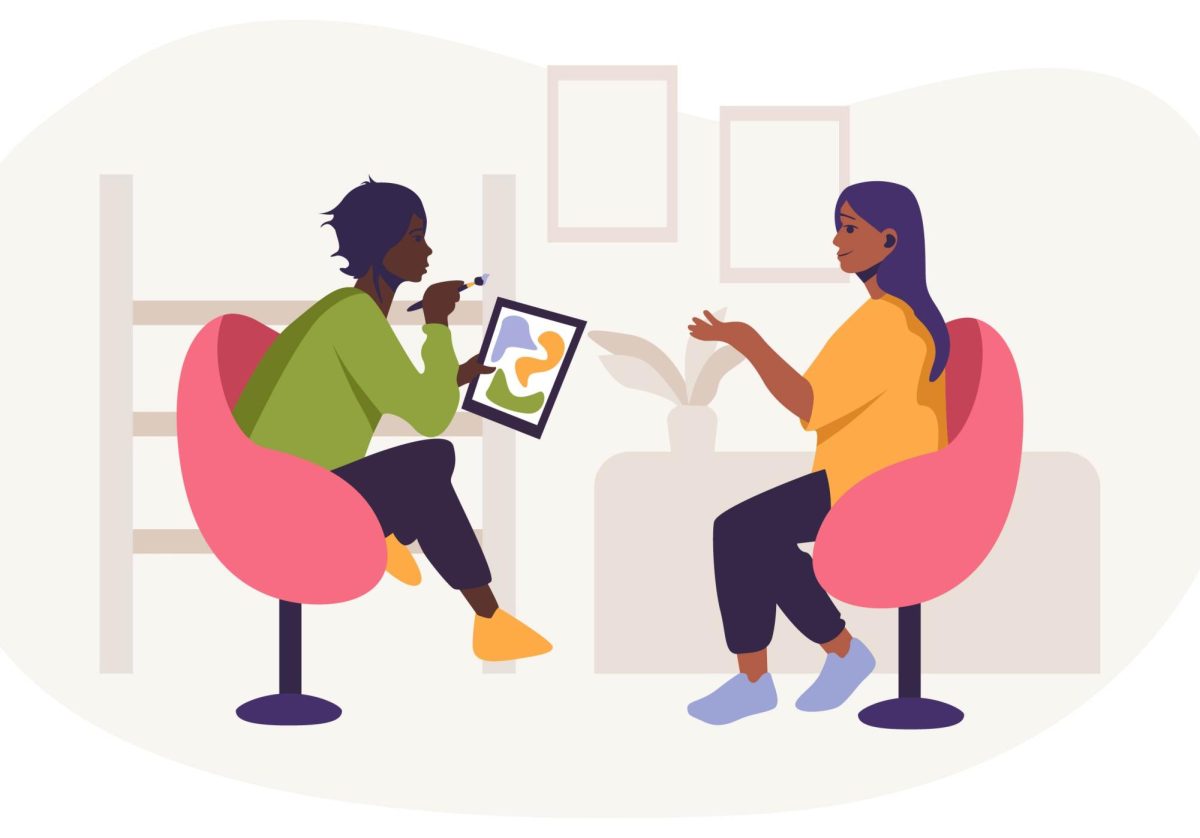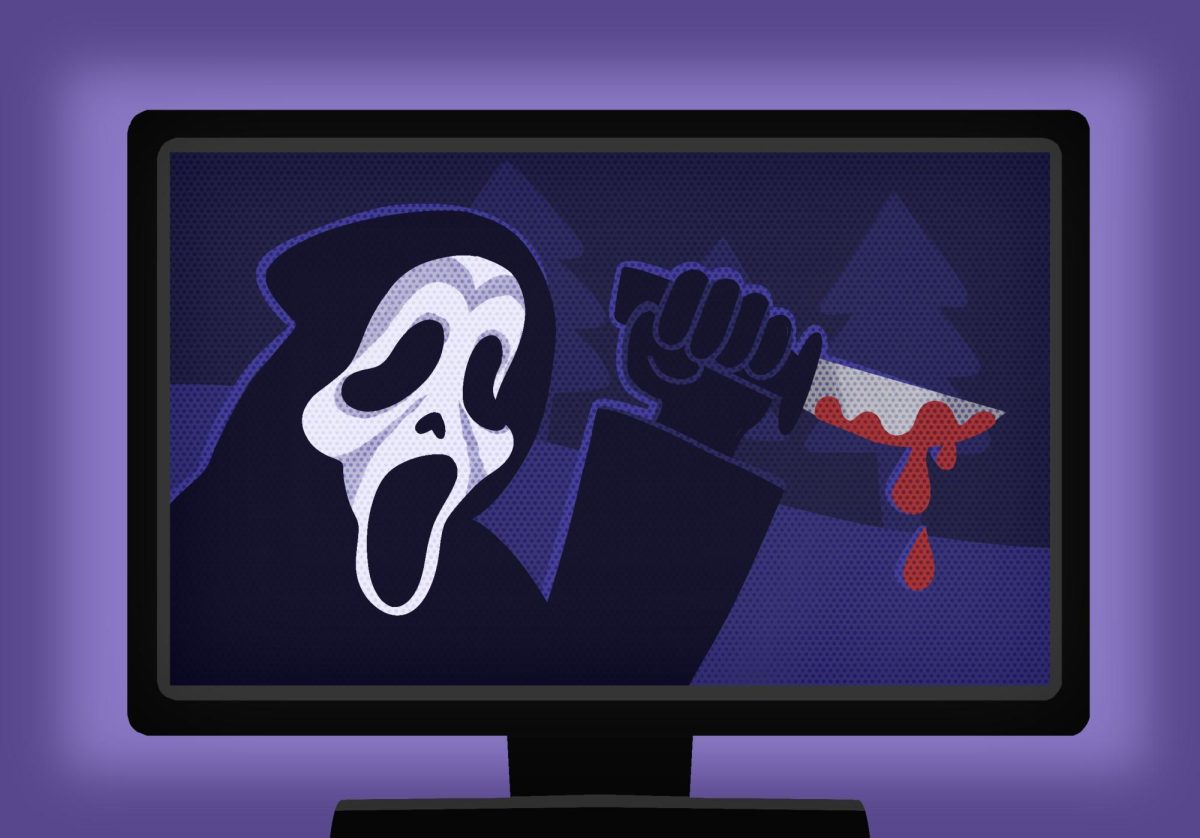Describing author Octavia Butler is a difficult task.
She admits it herself.
She’s not just a science fiction writer, though she’s written 13 books and the words science fiction often follow her name – as in “one of the few black female science fiction writers.”
She’s not just a feminist, not just a recipient of the MacArthur Foundation “genius grant,” not just a deep, luminous baritone on the other end of the telephone.
She might be, however, one of the most imaginative writers of her generation.
After a reading and book signing in Minneapolis last weekend (she read from this year’s “Fledgling”), Butler followed up by talking to the Daily about feminism, the space program and the diverse crop of science fiction writers.
In an autobiographical excerpt, you describe yourself as a feminist, among other things. How do you define the term?
Very, very simply – equal rights for women. Sometimes it gets all tangled up with thinking “I have to burn my bra” or those kind of things. I once met a woman who said she was a feminist but then apologized for her career – she designed lingerie. I asked, “Do you enjoy what you do? Do you feel like you’re good at it? Is anyone making you do it?” She had never thought of it that way.
I read you started writing science fiction at 12, after seeing a science fiction movie on television. You thought you could write a story as good as that one.
I thought I could write one better than that!
What kept you wanting to write science fiction?
I enjoyed the freedom of it. With science fiction, you can address almost any – no, any – problem. You can go anyplace.
It doesn’t require some formula . . . like you’d find in a detective or police procedural novel. Science fiction is almost not a genre, except that people might need it to be one.
How do you feel about the conflict of interest some see in spending money on the space program versus spending it here?
Well, first of all, I don’t think anyone’s proposing spending money on outer space. No one’s saying, “Let’s go spend money on Mars.” I’ve never heard anyone say that.
We’re still talking about spending money on ourselves in learning about and visiting outer space. We’re adding to the human body of knowledge, we’re adding to what we know about science – about ourselves.
It can’t hurt.
In terms of reducing it to spending money on schools versus spending it on space, I can’t say one or the other. We need to do both.
The two are absolutely inter-related. If we create an environmental situation that makes it so that we can’t live here any longer, if we have wars or any of the other things we do to interfere with the environment, it will become essential that we know about space. The more we do, the better.
Of course, a lot of attention is paid to the fact that you’re an African-American female writing science fiction.
Actually, a lot of my work isn’t science fiction. “The Parable of the Sower” is no more science fiction than “The Handmaid’s Tale.” And “Kindred” isn’t science fiction, either.
There are actually a lot of people writing science fiction right now who are black who are female.
When you’re reading something, (the race of the author) is not the sort of thing you always note immediately. And the race of the characters in the book is not necessarily the race of the author – there are white authors who write about black characters.
There’s also Samuel Delany, who was writing long before I was.
So there are plenty of people discovering science fiction.
What do you read in your spare time?
Oh, gosh, I read omnivorously. Right now I’m into between-the-wars British mysteries, and the John Sanderson Prey police procedurals novels, for some reason. I read a lot of nonfiction – about subjects I might not have known or thought about before, but often they eventually show up in my books in some way.
Then I’ve been reading a lot of vampire novels.
Your latest book is a vampire novel.
Yes. I might be a little embarrassed to say what I’m reading about at first, but I don’t really care, because it might take me somewhere good.
I’m also reading some novels that are not yet printed that were given to me at the book signing (in Minneapolis). I’m always looking to discover people and their writing.
In an essay, you were asked to write about things that might end racism. You said there was really no solution, because, “It’s natural for human beings to feel superior to each other.”
I think you’re referring to an essay I wrote for MPR. I referenced my “Xenogenesis” novels, in which extrasolar aliens arrive on Earth and declare that humans have two characteristics that together are a fatal flaw: We’re intelligent, but we also exhibit hierarchical behavior. Because the hierarchical tendencies are older, they drive intelligence, and we wind up doing terrible things to each other.
That said, are there steps that can be taken in the direction of ending racism?
There is always education, and I don’t mean telling people “Don’t be a racist, racism is bad.” I mean education that includes everyone. Because I went to school a while ago, I managed to get through school without hearing that anyone black had done anything good, with the exception of George Washington Carver. What we don’t see growing up we very well might believe we can’t do.







